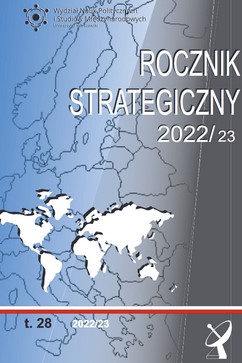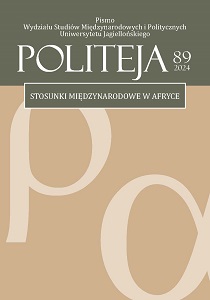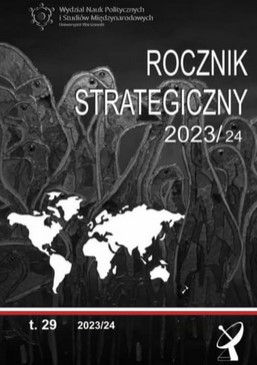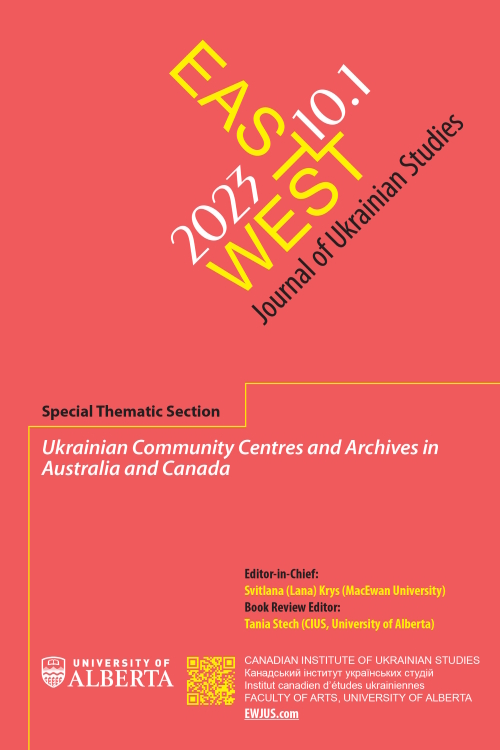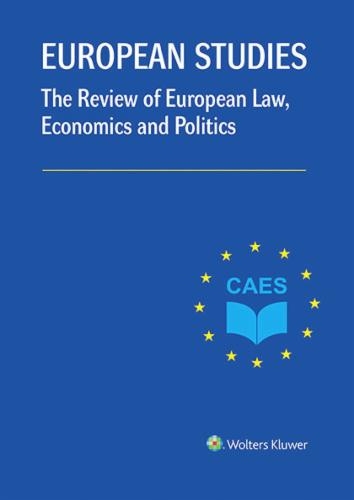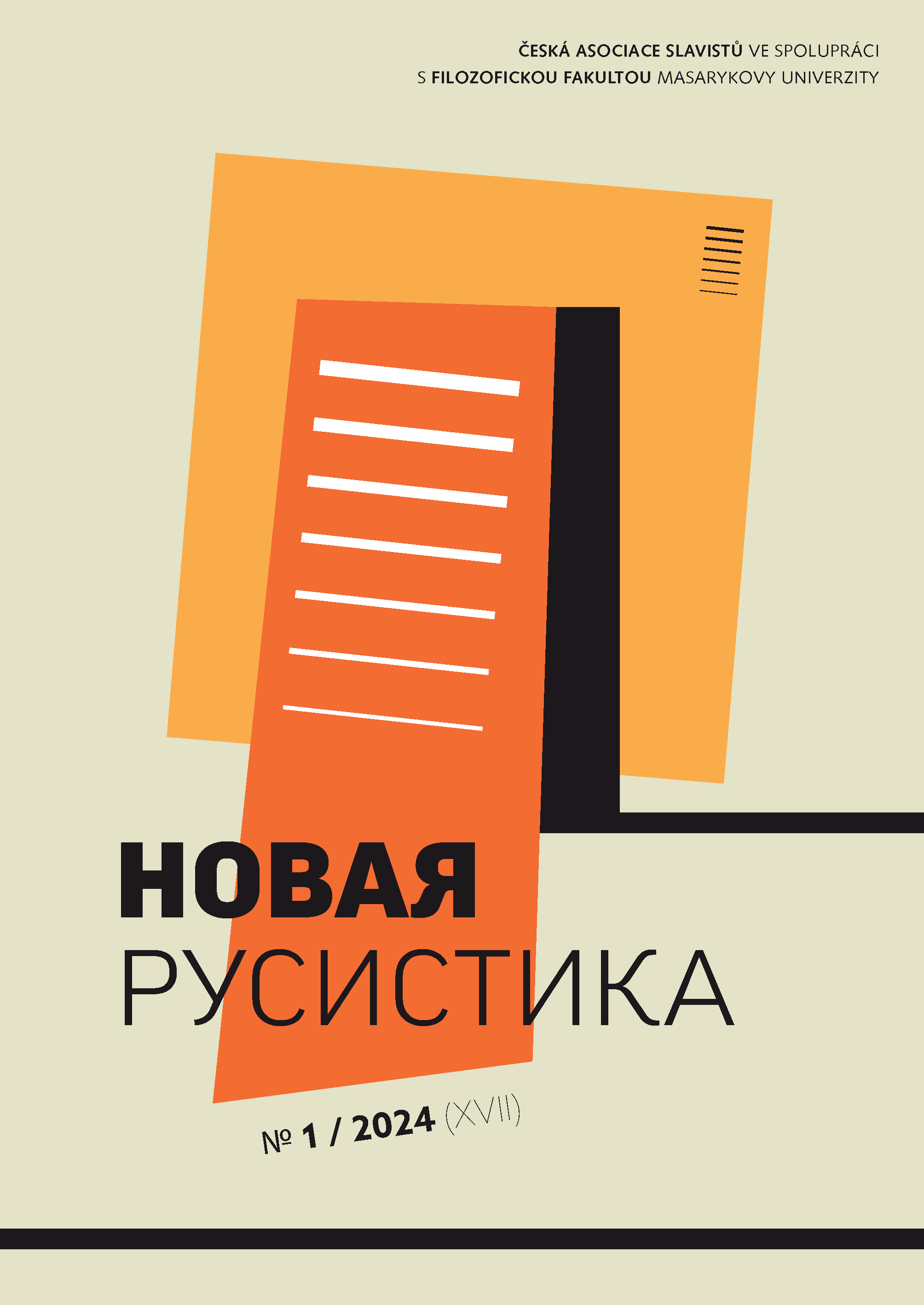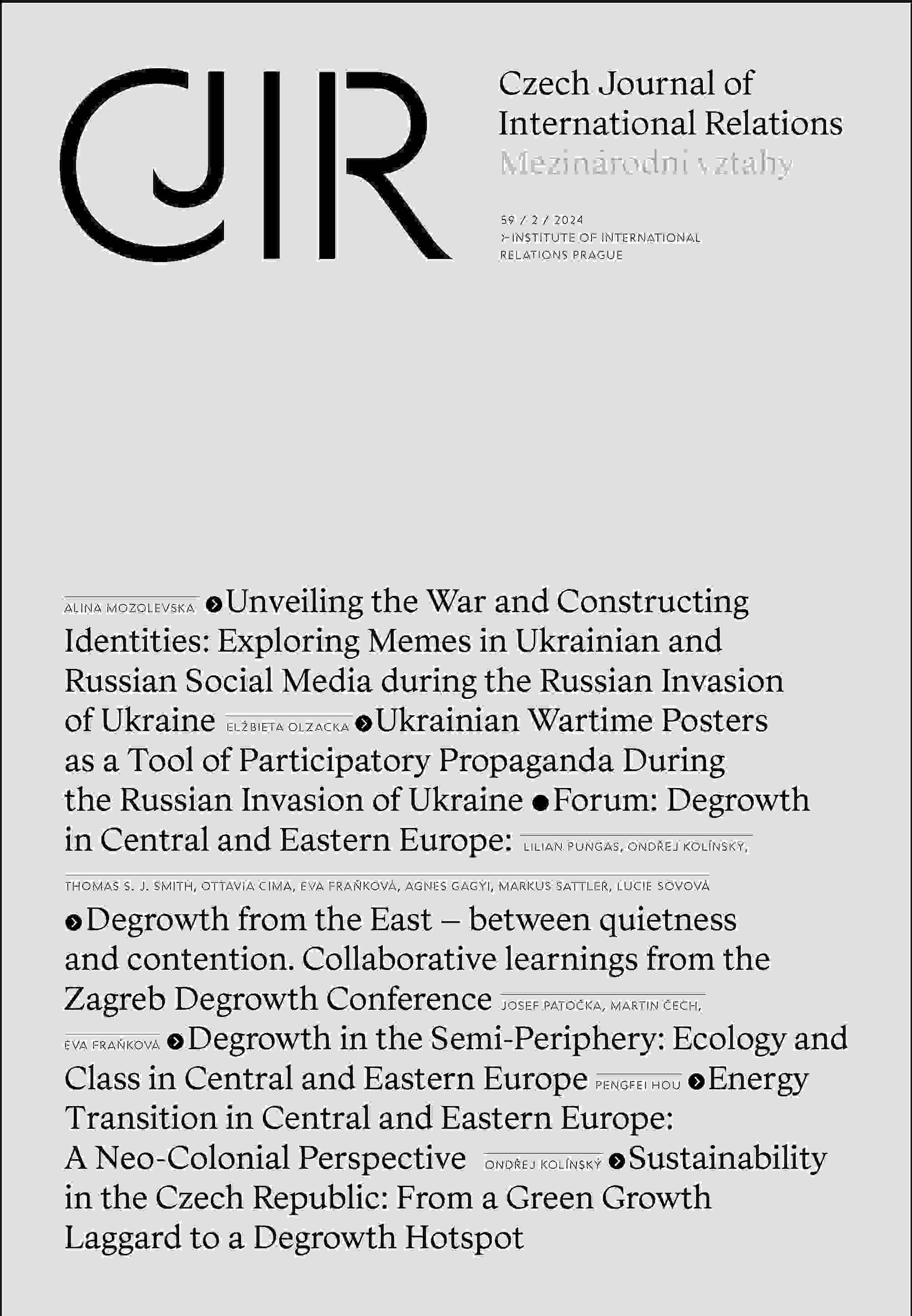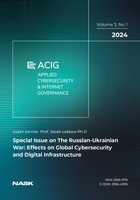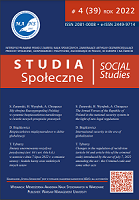
FUNKCJONOWANIE PSYCHOLOGICZNE STUDENTÓW PSYCHOLOGII I BEZPIECZEŃSTWA NARODOWEGO W OBLICZU KONFLIKTU ZBROJNEGO NA UKRAINIE
Initiated in February of 2022, escalation of military conflict in Ukraine resulted in the appearance of socio-economical and administrative problems all over the world. In the case of Poland, as a country in a direct neighborhood, besides above mentioned, many psychological factors influencing quality of life and functioning of citizens were observed as well. Based on information presented in public space it seems that the crisis connected to the situation in Ukraine affected most of the people living in our country. Due to that reason the attempt was made to answer the question whether military conflict in Ukraine affected psychological functioning of students of one of the universities studying psychology or national safety. Conducted study concerned selected two groups of students, because psychology students are preparing mostly for helping people in need, whereas national safety students learn about national safety and public order. In the presented study took part 103 participants, including 70 women and 33 men aged 18-47 years of age, studying during weekdays (N=43) or during weekends (N=60) psychological studies (N=76) or national safety (N=27). Respondents were asked to fill in State Trait Anxiety Inventory STAI, Perceived Stress Scale PSS-10, and Coping Inventory for Stressful Situations. Gathered results show that in group of students studying on weekends there is a difference in the tendency for looking for social contacts between women and men. Also, there is a difference in the tendency for using problem focused style of coping in relation to the frequency of looking for information about the situation in Ukraine characteristic both for the men group and psychology students group. Gathered results are discussed in the light of psychological literature concerning functioning in face of stressful events.
More...
